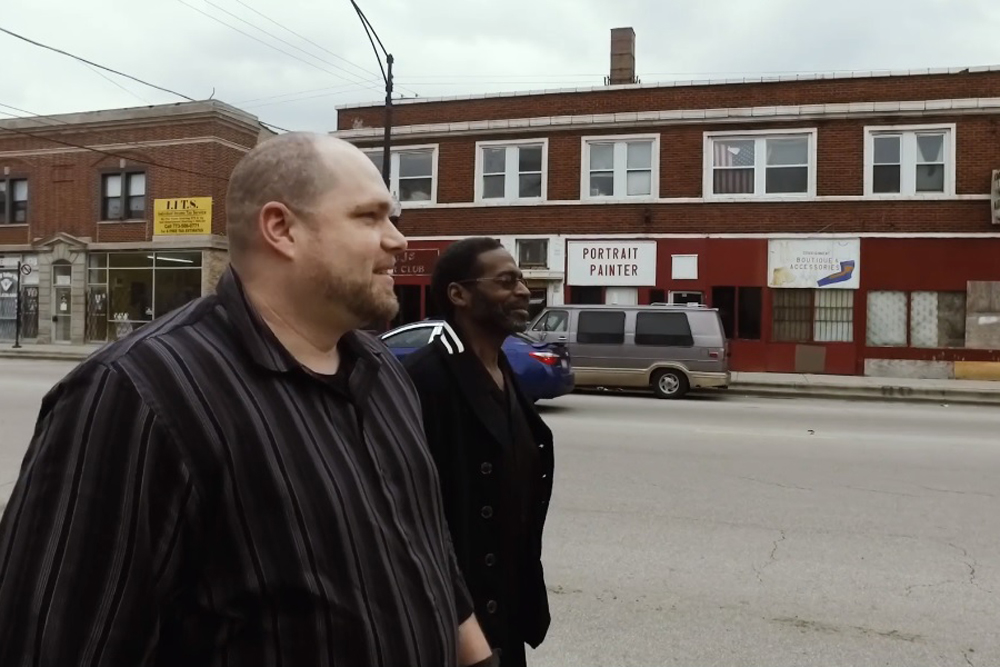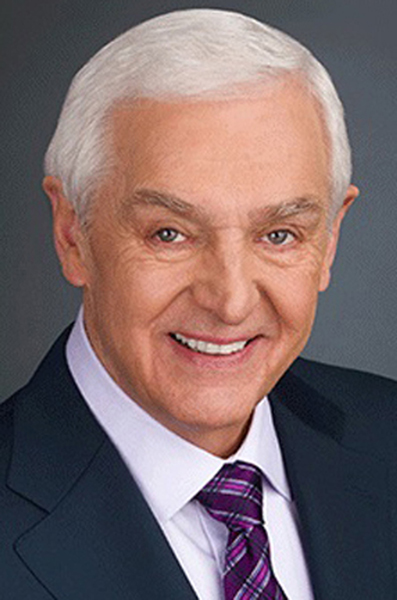 [1]
[1]ST. MARTIN, Miss. (BP) – Adam Bennett believes in what is tried and true – namely, the Gospel he preaches each week at Back Bay Church. However, the self-described tech nerd also believes in looking for new ways to advance that message.
Last Sunday (Sept. 26), Back Bay became the first known Southern Baptist church to offer cryptocurrency as a giving method alongside more traditional channels. Due to the short time sample, Bennett hasn’t seen the option used other than between himself and a few other crypto investors at the church.
But as the digital economy – as seen in the explosion of online shopping [2] – continues to grow, Bennett anticipates the use of crypto will too.
“I talked with a few others in the church who were into crypto, which grew into a discussion about it,” he said. “Then I did some research and found that the Salvation Army accepts it. I looked into their platform and ended up deciding to use a different one for us.”
Cryptocurrency got its start in 2008 by a man … or a woman … or a group of people … under the pseudonym Satoshi Nakamoto, who posted a paper about Bitcoin – the most common form of cryptocurrency – to a mailing list discussion on cryptography. A basic way to view it, Bennett said, is not in terms of straight dollars but as a transfer of value similar to the way one would view stocks. Another comparison is like an arcade, where a specified amount of money is exchanged for a token that can be used in that particular setting.
While Bitcoin is the most familiar cryptocurrency, it’s hardly the only one. Bennett also invests in the second-most popular, Ethereum, as well as Bitcoin Cash, Dai, Dogecoin, Litecoin and USD Coin.
For most Southern Baptists – and the general public, for that matter – crypto terms [4] like those as well as blockchain, halving and exchange don’t inhabit the daily vocabulary. The difference between a “cold wallet” or “hot wallet” doesn’t depend on whether you’re standing in Fargo or Phoenix either.
Its mysterious beginnings contribute to the hesitancy many still have about its usage, but nevertheless, usage has undeniably grown.
Last December Russell Okung, an offensive tackle with the Carolina Panthers, converted half of his $13 million salary into Bitcoin. By late April Bitcoin’s value had doubled, [5] making him one of the highest paid at his position in the NFL and one of the top 25 highest paid players.
The volatility of cryptocurrency – a noted drawback in its relatively newborn state – became evident weeks later as Bitcoin slipped [6] in value. Despite the setback, Okung vowed to remain with the cryptocurrency as its acceptance has increased in the sports world. The Oakland A’s honor it for season-package suites. The Dallas Mavericks accept Bitcoin for game tickets and merchandise. The Sacramento Kings became the first franchise to offer to pay its employees [7]through it.
Prior to Okung’s use of crypto, NFL journeyman quarterback Matt Barkley (no relation to the author) attempted to be paid in Bitcoin by both the San Francisco 49ers and Buffalo Bills in the spring of 2019. Though Barkley fell short in those negotiations, the method has gained traction with other athletes. In July, Giants running back Saquon Barkley (a coincidence, but again, no relation) announced [8] he would convert all of his endorsement money into Bitcoin. That announcement came months after top NFL draft pick Trevor Lawrence placed [9] his $22.6 million signing bonus with a cryptocurrency investment group.
Multimillion dollar investments by professional athletes in crypto is one thing. Church members giving through it perhaps comes with some skepticism.
“It’s not normal [in churches] today, but can be in the future as more people become interested in cryptocurrency,” said Bennett, who started investing in crypto in August of last year.
“One reason Back Bay did this is because I’m an early adopter and like to be on the cutting edge of things. But we also have other people who are invested in crypto,” he said. “We want to take some of our assets we’ve invested, see it appreciate in value and give it to the work of the church.”
The decentralized platform of crypto can also become important in the future for providing financial assistance in countries with troubled or temporarily-addled financial systems.
“There are already nonprofits using crypto [10] to transfer value from one country to another,” he said. “Transactions in some third world countries can’t happen quickly and cheaply.”
Those nonprofits, Bennett explained, are using crypto to efficiently get funding for projects such as building wells.
“For missionary work, we have people who are in some of these areas,” he said. “We can get money to them quickly, within minutes or even seconds, for a very small fee of perhaps hundredths of a cent. They would then transfer to whatever currency they need to make transactions on the ground.”
Bennett reiterated that his church’s dipping its toe into crypto is just that at this point. However, he’s expecting its usage to grow in the years to come. For now, he encourages others to do their own research – a lot of it – before following suit.
“Our church started because there was some interest. It was more of curiosity,” he said. “But it is an asset. So if someone wanted to donate to our church like they would with a parcel of land, they can. Then we can sell it and used that money for the mission of God.”









